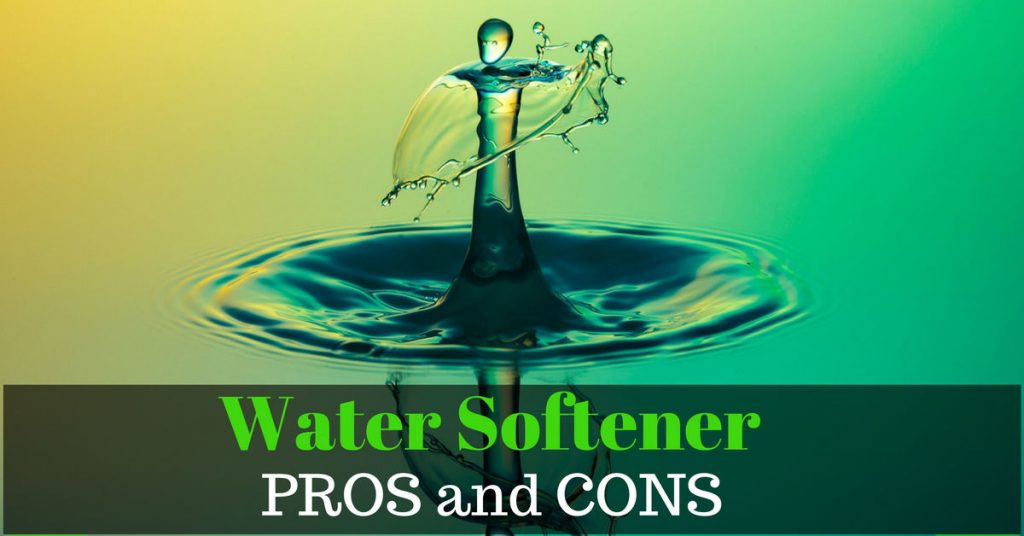
Regardless of whether you’re looking to improve the performance of your appliances or save money, there are some pros and cons to consider. These devices are most effective for hot water use but are not necessary for cold water. Hard water is made up of essential minerals, making it inefficient for use in cold water. In addition, salt-free systems add salt to the waste stream. Here are some of the pros and cons of both types of systems.
Salt-based systems are cheaper
There are some disadvantages to salt-based water softener systems. These systems waste water while they regenerate. Some salt-based systems waste as much as 50 gallons of water per cycle. In addition to this, salt-based softeners can raise your water and sewer bills. Although the cost of salt-based water softener systems is lower, they require regular salt replenishment, which can be costly.
The first downside of salt-based water softeners is that they use a lot of salt. They cost significantly less to install and maintain than their salt-free counterparts. In addition, salt-based softener systems require less maintenance than their salt-free counterparts. If you’re considering purchasing a softener, you might as well take the plunge. Salt-based softeners will leave a slippery feeling in your water and improve your skin, hair, and appliances.
Salt-free systems add salt to the waste stream
A salt-free water conditioner is an excellent alternative for hard water areas where water softeners are banned. The briny wastewater produced by water softeners is difficult to desalinate and reuse, making them a controversial choice in California’s drought-ridden climate. Municipal water treatment centers remove large quantities of dissolved salt from the water before recirculating it throughout the community. Salt-free systems don’t require the replacement of salt every few weeks, meaning they cost more to install.
Salt-free water softeners are better suited for homes with hardness levels under 80 grains per gallon. Knowing how much water the typical household uses daily is essential before choosing a system. Long showers, dishwashers, and washing machines use large amounts of water. You may need a double-tank system for a high-quality softener to meet your needs.
Salt-based systems are more efficient
There are several pros and cons to salt-based water softener systems. These softeners remove minerals from water, so your washing machine and dishwasher will have cleaner water without any soap scum or scale. However, many of us worry about how much sodium salt-based water softeners add to the water. Too much sodium can lead to health problems for people on a low-sodium diet. Salt-based systems wastewater in the process and add a large amount of sodium.
While Salt-based water softener systems are generally more expensive, they work more effectively in removing water hardening minerals. Some people opt for a salt-based plan because they can easily remove stubborn hardening minerals. Another advantage is that they’re more efficient. The Fleck 5600 SXT is a high-end water softener that increases regeneration frequency. The unit is easy to install and includes a Bluetooth connection. You can view the valve settings and change them from anywhere.
Salt-based systems are more environmentally friendly
While many believe salt-based water softener systems are environmentally friendly, this is not true. The salt in these systems adds to the problem of salinity when wastewater is discharged to a municipal sewage treatment facility. Higher salinity means increased treatment costs and reduced potential for reuse of treated wastewater. Despite the cost savings, salt-based water softener systems are not the only benefits of salt-based systems.
Despite their differences, salt-based and salt-free water softener systems combat the effects of hard water. Depending on your needs, one system will be more environmentally friendly, and the other will cost less. A salt-free system may be a better option for people concerned about their health. Additionally, citrus-based softeners do not add sodium to your water, another perk.